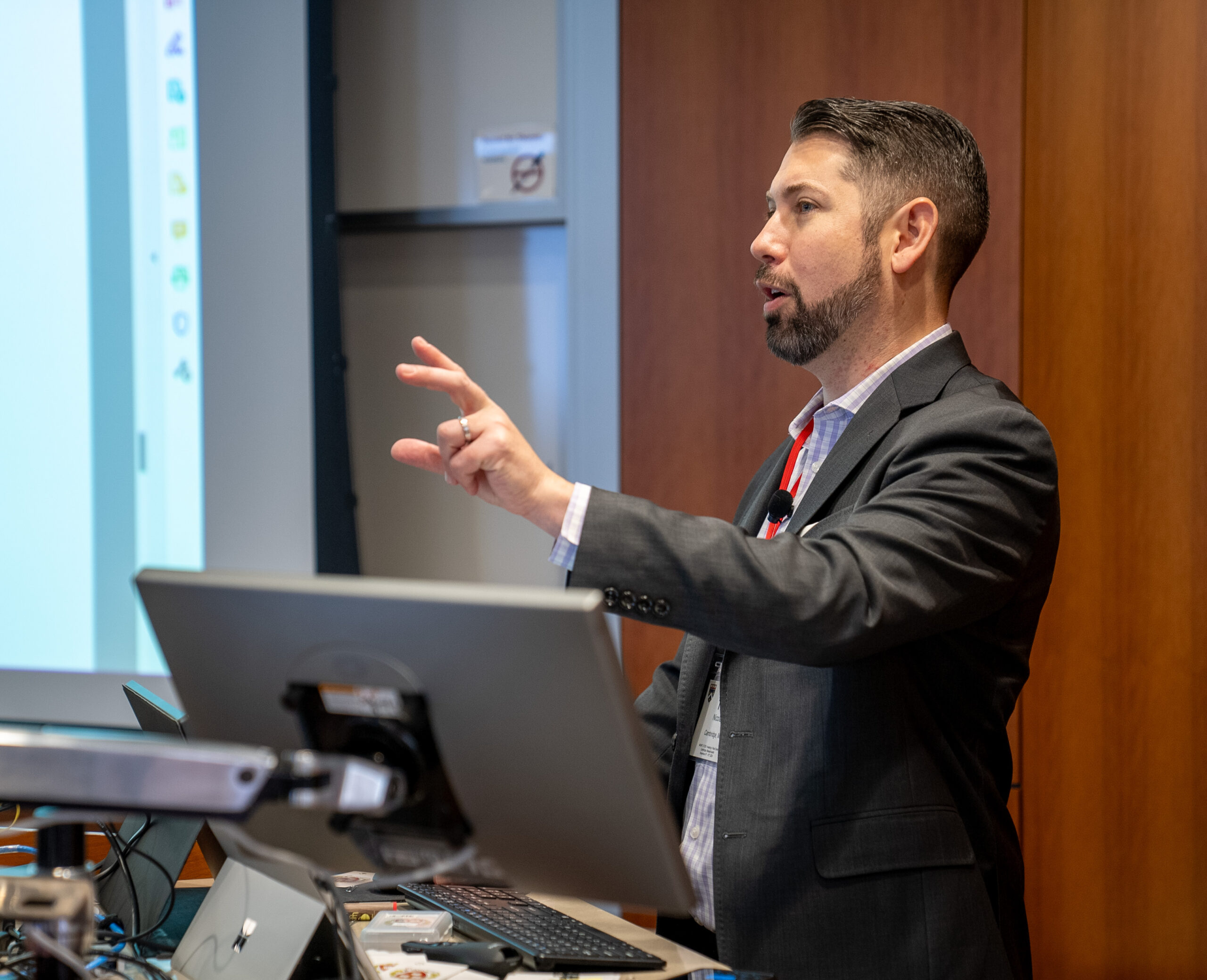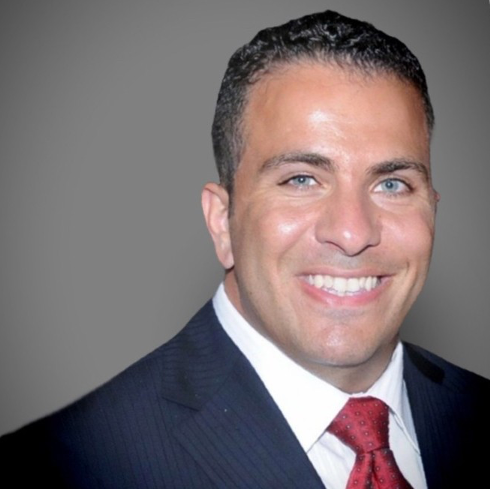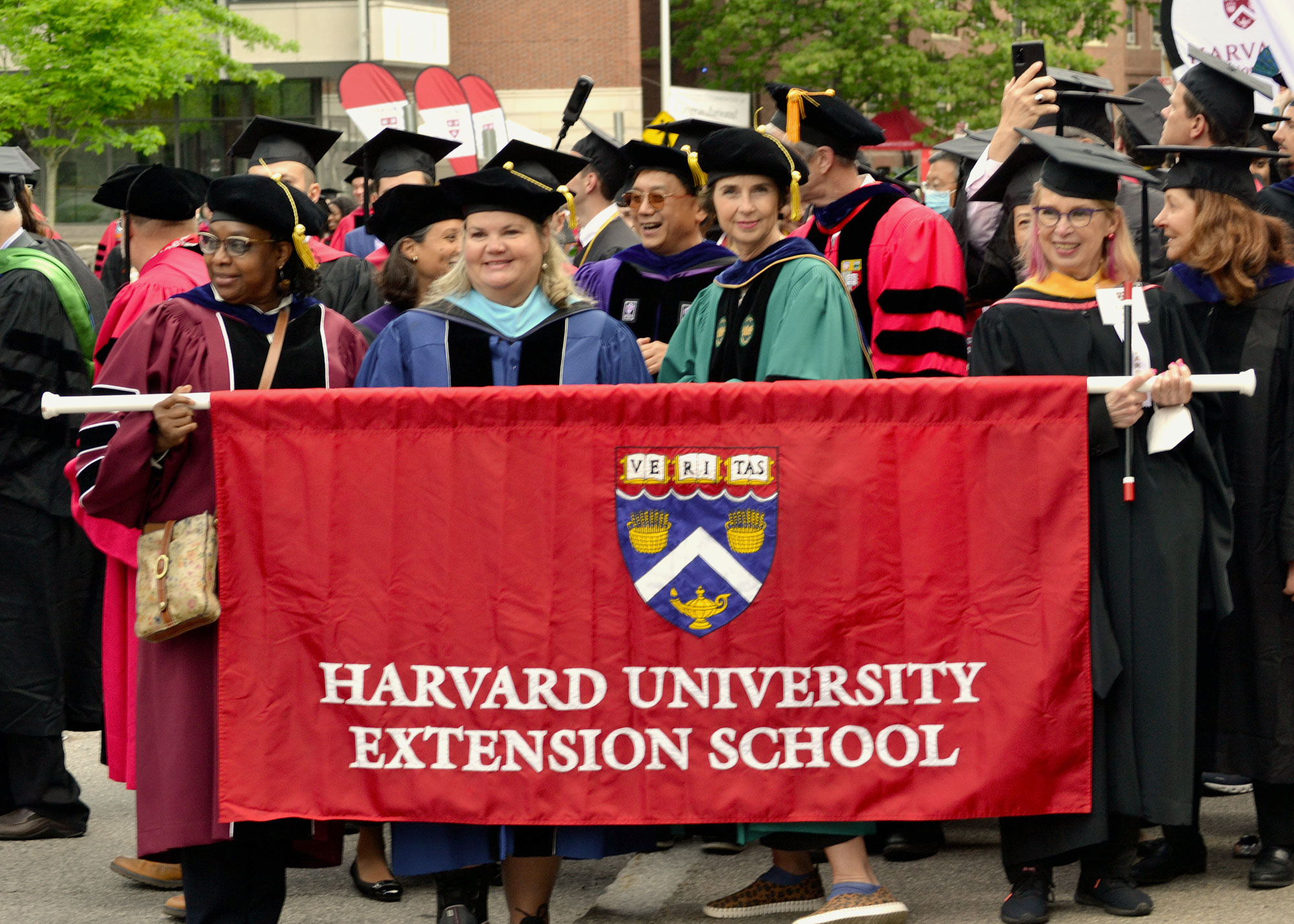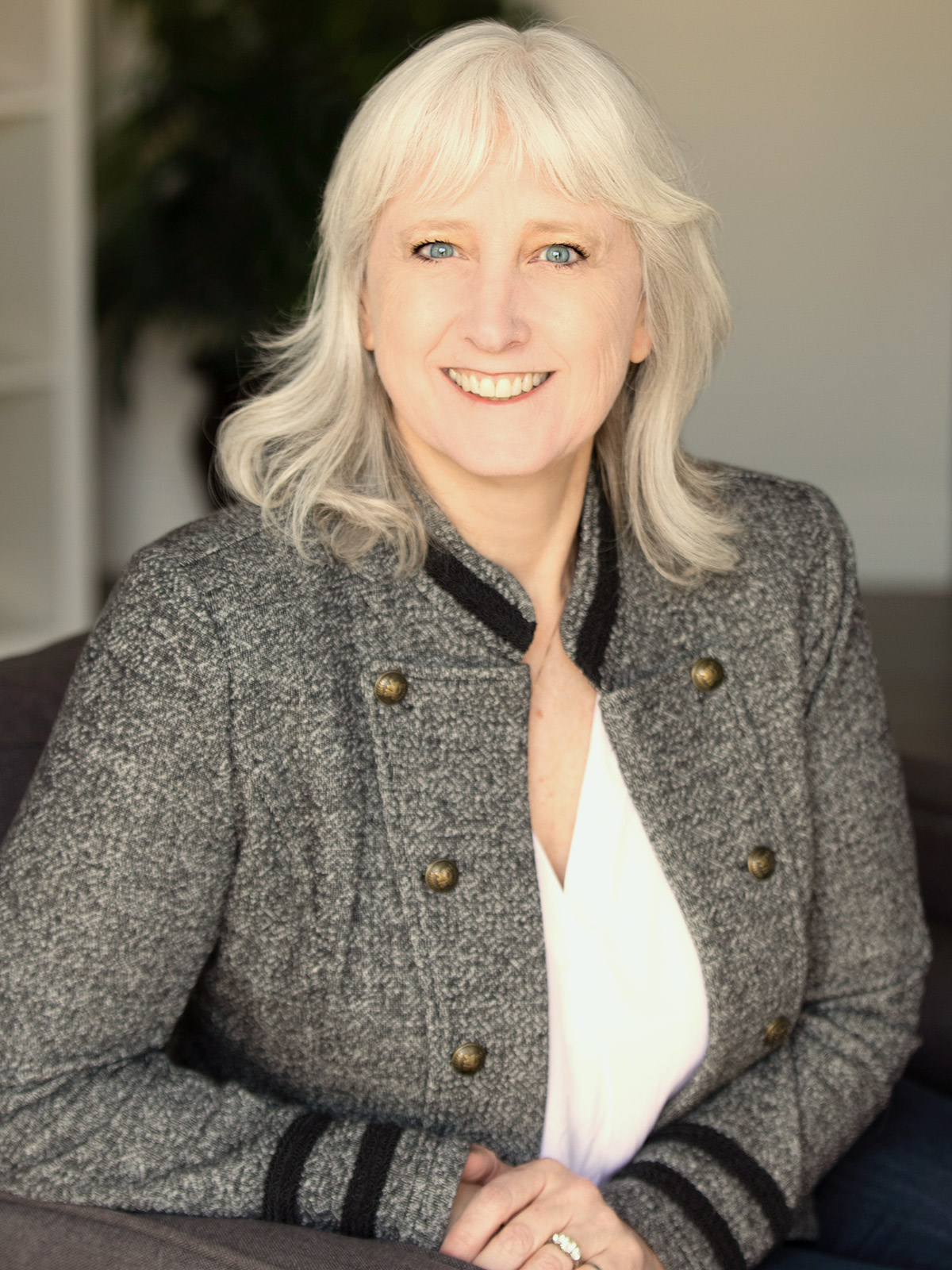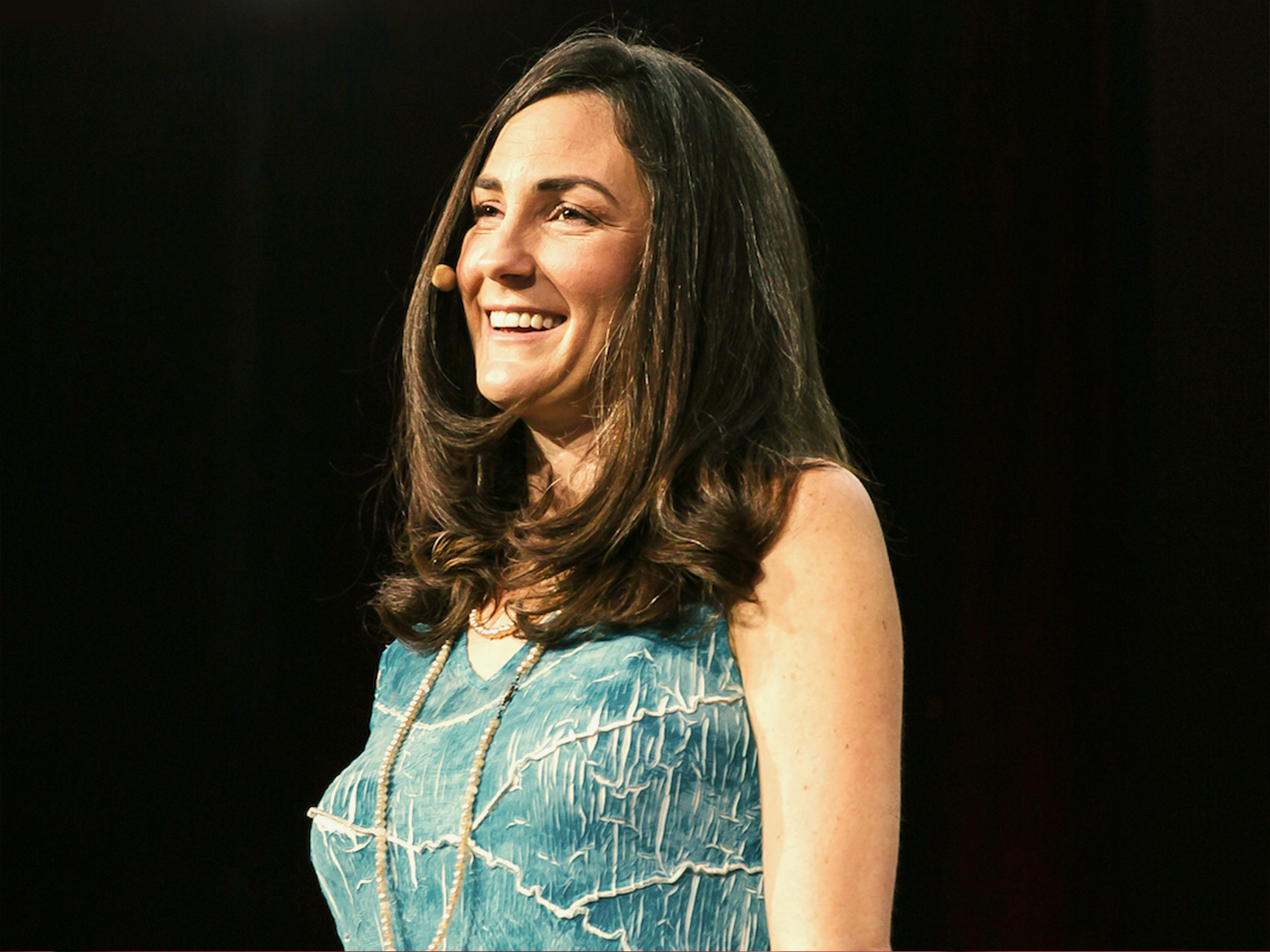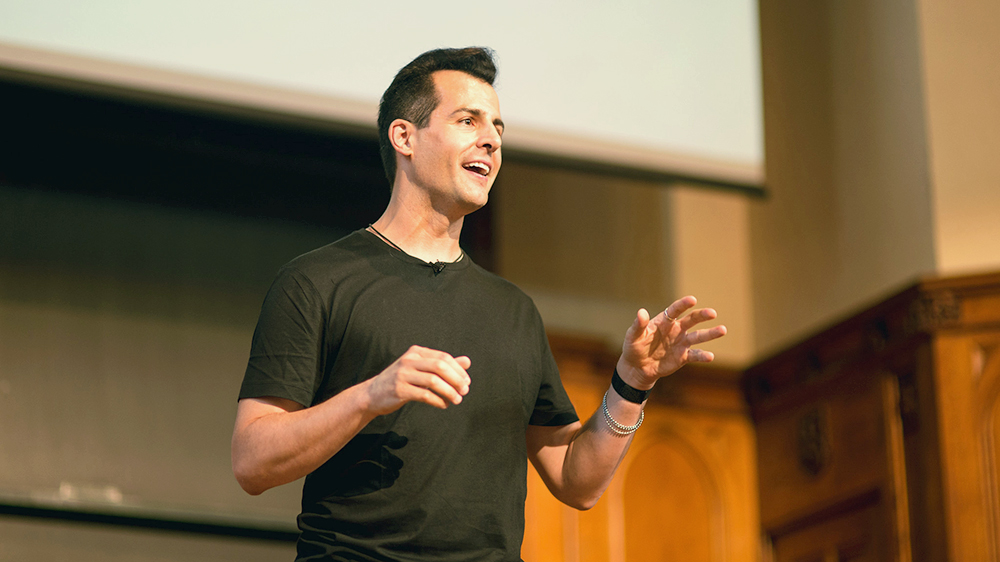Our instructors come from diverse personal, professional, and academic backgrounds. And many enjoy national and international recognition in their fields.
You will learn from Harvard University faculty as well as renowned faculty from local, national, and international universities.
In addition, you’ll work with top industry professionals from the fields of business, IT, and sustainability, plus museum directors, journalists, and biotechnologists.
